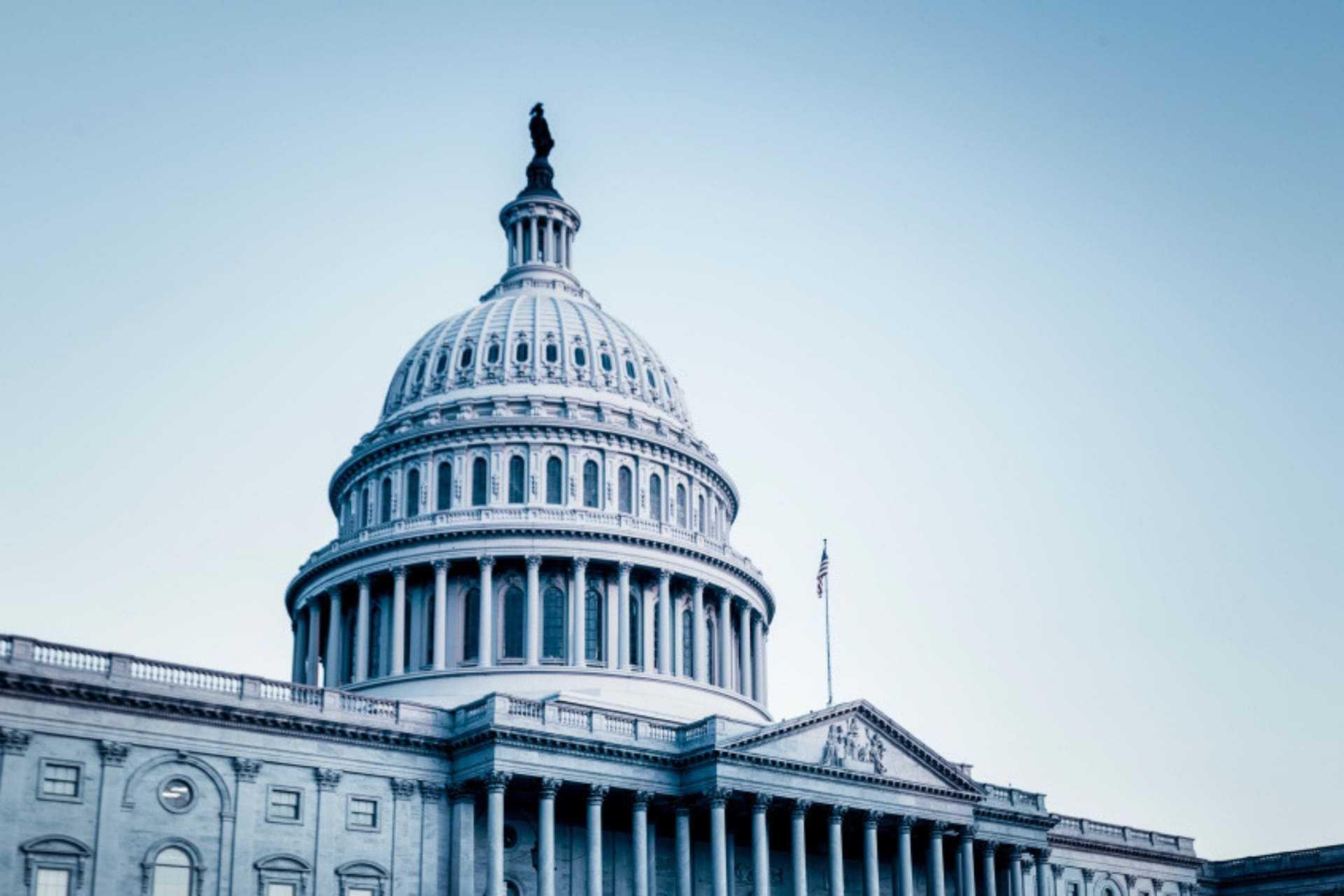The PRO Act has been proposed in Congress again this year. For those unfamiliar, the PRO Act, if passed, would arguably be the most significant piece of labor law legislation to become law in over 75 years.
Widely viewed as a pro-union bill, it would, among other things:
- Legislatively codify the National Labor Relations Board (NLRB) decisions under President Obama in Browning-Ferris Industries (which relaxed the joint-employer rule); Specialty Healthcare (which made it easier for unions to establish bargaining units and “micro units” – a decision recently reaffirmed by the Biden board); and Purple Communications (which allows the use of workplace email for organizing purposes)
- Reverse the U.S. Supreme Court’s decision in Epic Systems v. Lewis; this decision held that agreements mandating individual arbitration are enforceable
- Prohibit mandatory arbitration agreements in employment contracts
- Require interest arbitration if the union and employer cannot agree on a collective bargaining agreement
- Codify California’s “ABC test” that imposes stricter requirements for employers to classify a worker as an independent contractor versus an employee
- Codify “ambush election rules,” which shorten the amount of time between filing for a petition for election and the actual election
- Codify the 2016 “persuader regulation” that requires labor attorneys and firms to disclose significant facts about their relationships with employers
- Ban right-to-work laws that prohibit employers and unions from requiring joining a union or paying fees as a condition of employment
- Institute a “stealth” card check that allows unions to challenge election results and get certified automatically in certain circumstances
- Provide a private cause of action for unfair labor practices outside of the NLRB’s jurisdiction
- Introduce new civil penalties for labor law violations, including personal liability
- Codify the NLRB’s “notice posting” requirement that says employers must to post a notice informing employees of their rights under the NLRA
- Authorize secondary boycotts and allow unions to target any company through picketing and protests, even those unrelated to a labor dispute
- Ban employers from permanently replacing strikers
Needless to say, that’s a lot of change. This bill largely mirrors prior drafts floated in Congress, with a few minor differences: 1) the bill’s sponsors renamed the bill after the late AFL-CIO leader Richard Trumka, 2) it includes updated enforcement and enactment dates, and 3) the bill removes the provision directing the NLRB to use the National Mediation Board System as a temporary electronic voting system.
Given how Congress currently is constituted, the prospects of the PRO Act passing this year seem slim. Nevertheless, the fact it continues to be proposed shows it isn’t likely to fall completely by the wayside any time soon. To the extent the PRO Act – whether in its current form or some slimmed down version – becomes law, employers likely will need to rethink their labor relations strategies across the board. Stay tuned.













